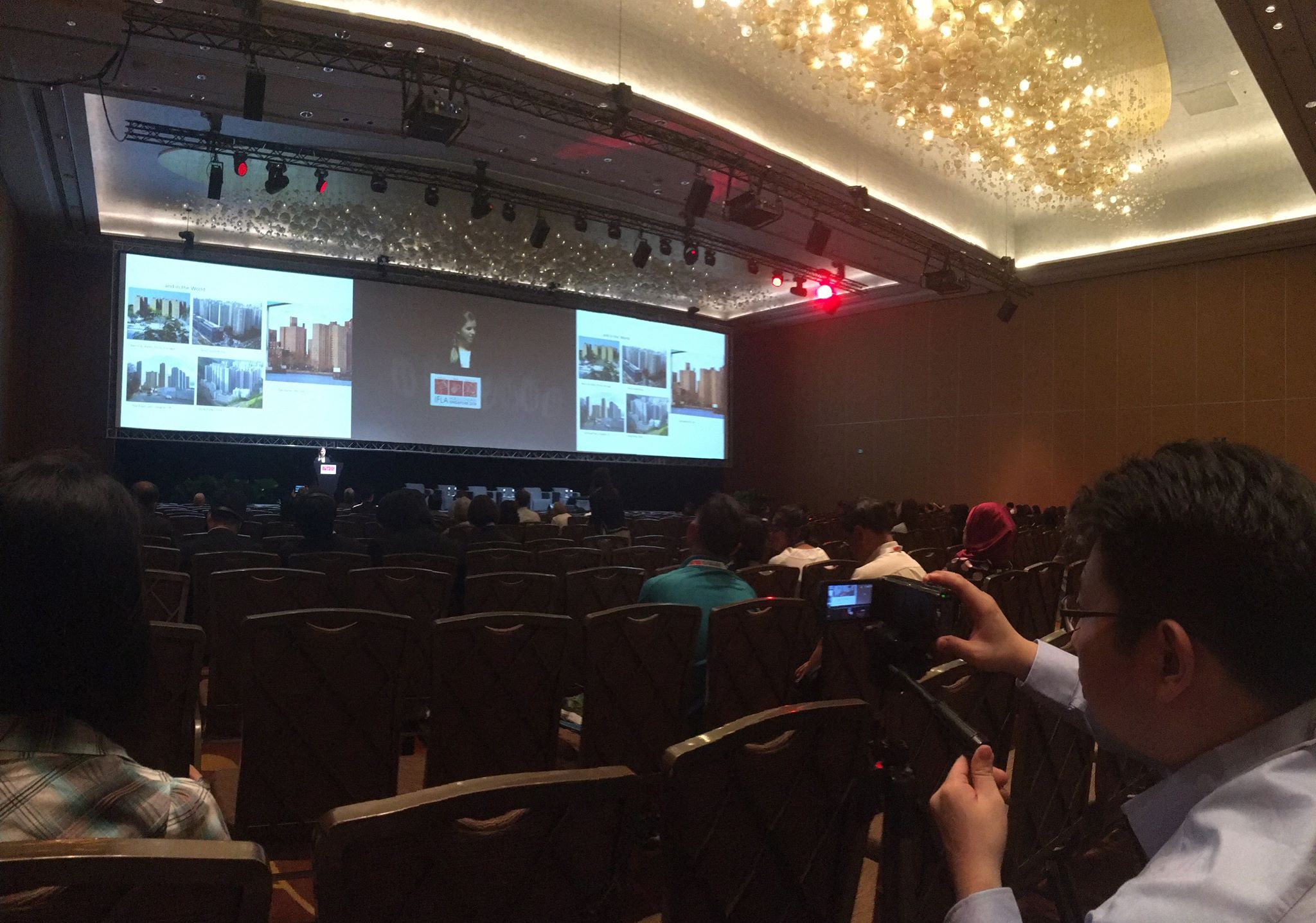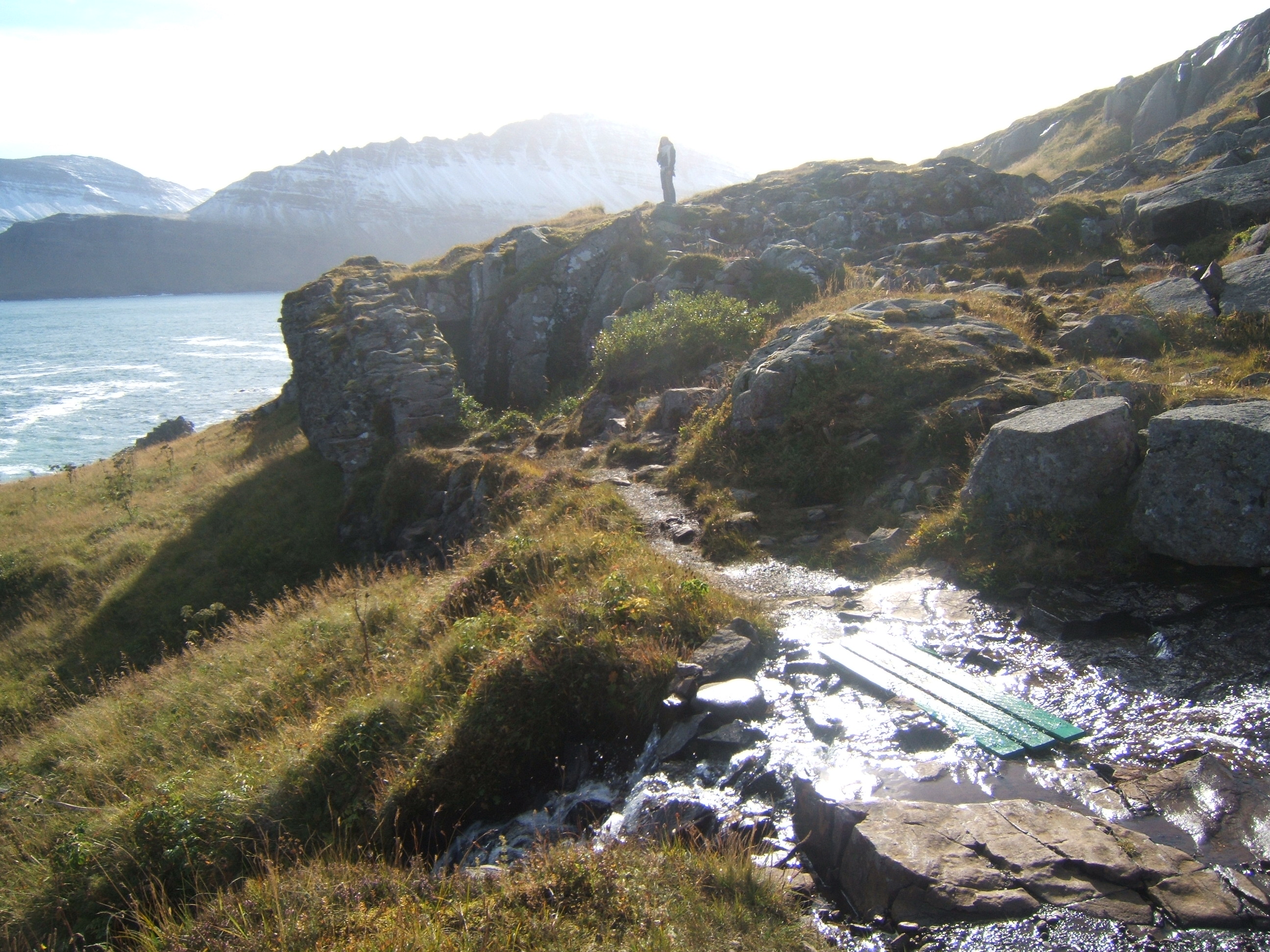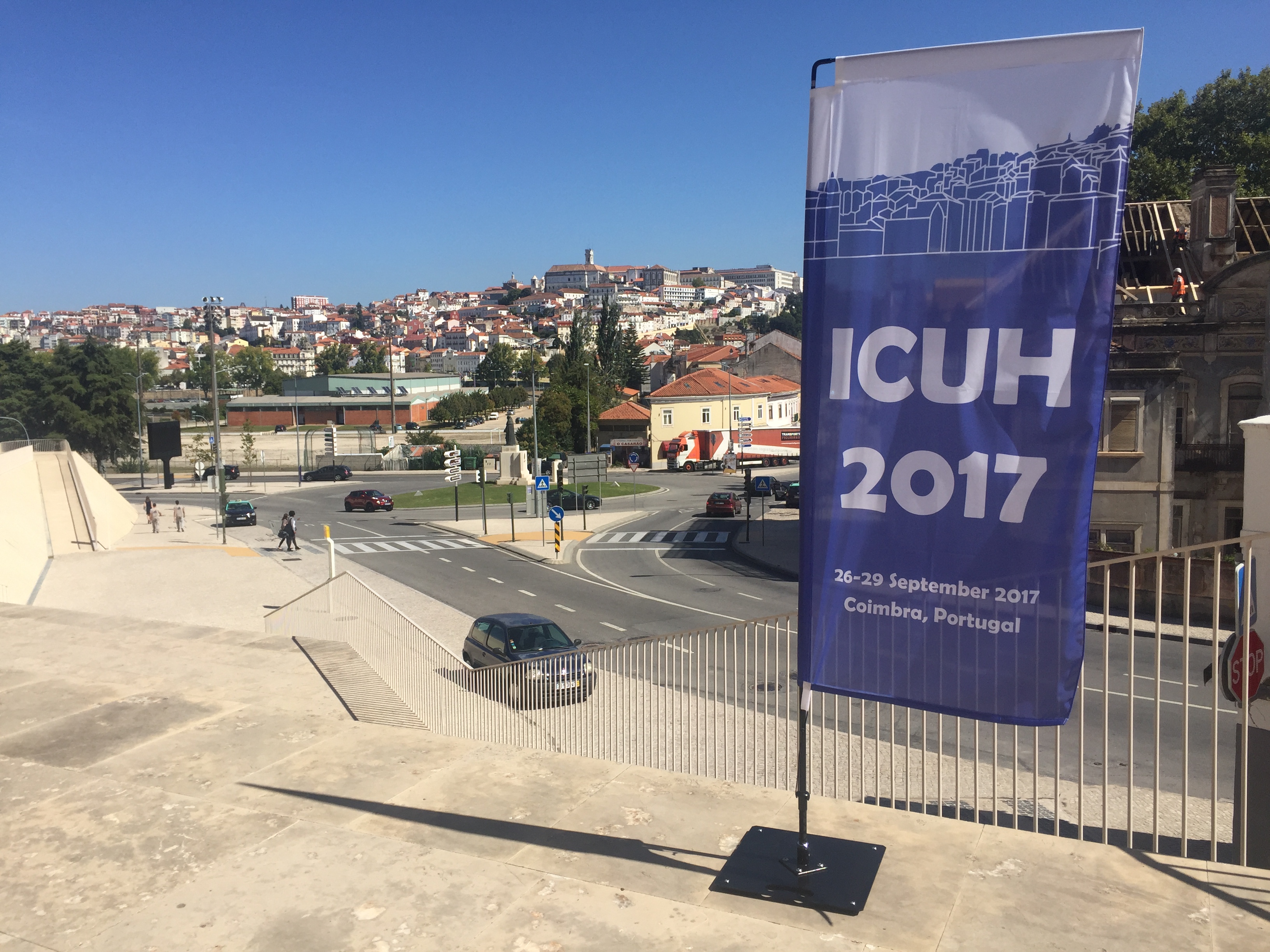Yesterday marks the end of the 2 day IFLA World Congress 2018.
Here at NeuroLandscape, we can't wait to update everyone with all the exciting events that happened over the 2 days. There will be more detailed spotlights in the weeks to come, but here is a quick glimpse of NeuroLandscape @IFLA.
The IFLA Congress venue was truly impressive this year, acomodated almost entire top floor of Marina Bay Sands Expo and Convention Center. Invited keynote speakers included Minister of National Development, Mr. Lawrence Wong and even Prof. Timothy Beatley, researcher and writer who first introduced the green urbanism concept and introduced the biophilic cities network. He stressed the importance of LIVING IN NATURE for health, instead of just visiting the nature from time to time.
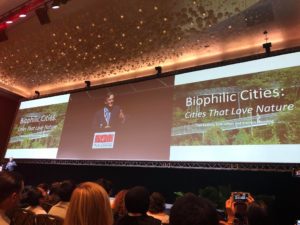
The following session was lead by Dr Cheong Koon Hean, the Chief Executive Officer of the Singapore Housing & Development Board (HDB) announcing the updated Biophillic Town Framework. In many ways, the Biophillic Town Framework is especially critical of an achievement to us . At times, it can be easy to question ourselves. While members of NeuroLandscape were directly involved in its inception, the significance of HDB adopting this framework is far greater than just that. This is absolute proof of the value of our research and the potential of a better tomorrow that it can bring. It shows that we are not alone in what we strive to do.
Interview with Gayle Souter - Brown
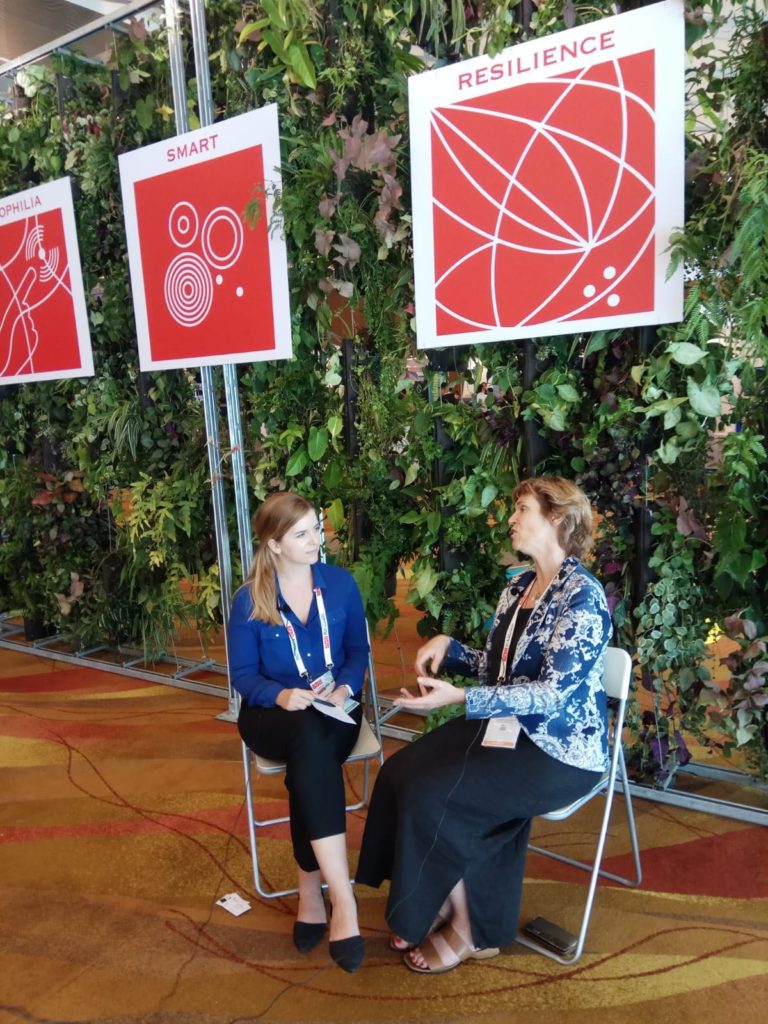
Gayle is a Principle of Greenstone Design UK & Ecological Victoria, landscape architect, writer and researcher. She is one of our esteemed Advisory Board Members. Be sure to check out our exclusive interview with her as she shares her extensive insight with us!
Living Landscape and Brain Reactions
Prof. Chang, Chun-Yen from Taiwan National University, "Healthy Landscapes Healthy People's Lab" shares his current research interests in this special interview brought to you by Nicolas Escoffier. Coming up soon on out youtube channel!

Student Competition and Design Award
Dr. Agnieszka O. Guizzo had the privilege of being one of the design facilitators for this student design competition. Below is a picture of her taking a group photo with one of the student teams. The students were greatly intrigued by the idea of contemplative landscapes and even incorporated it into their design!
The IFLA World Congress 2018 concluded with a Paper Presentation Session. Dr. Agnieszka O. Guizzo, joined by several other presenters like Prof. Liao Kuei-Hsien, they shared their findings with an attentive crowd and ended the day with a fruitful discussion. More details about Dr. Agnieszka O. Guizzo's Window View and the Brain and Prof. Liao Kuei-Hsien's Landscape Design with Ecosystem services in High Density Cities will be coming soon.
